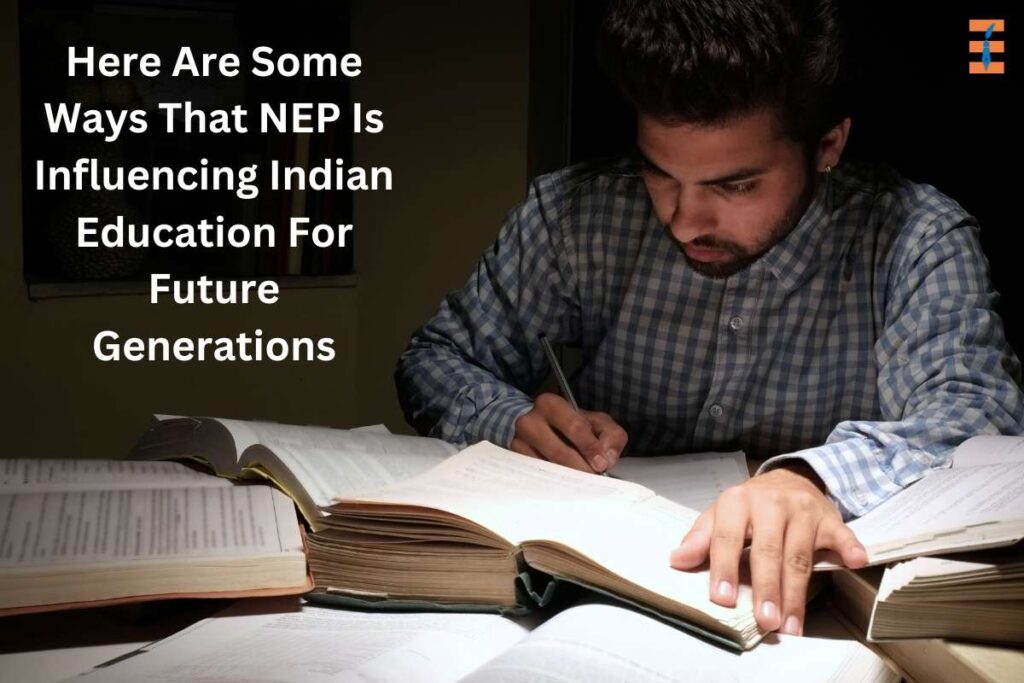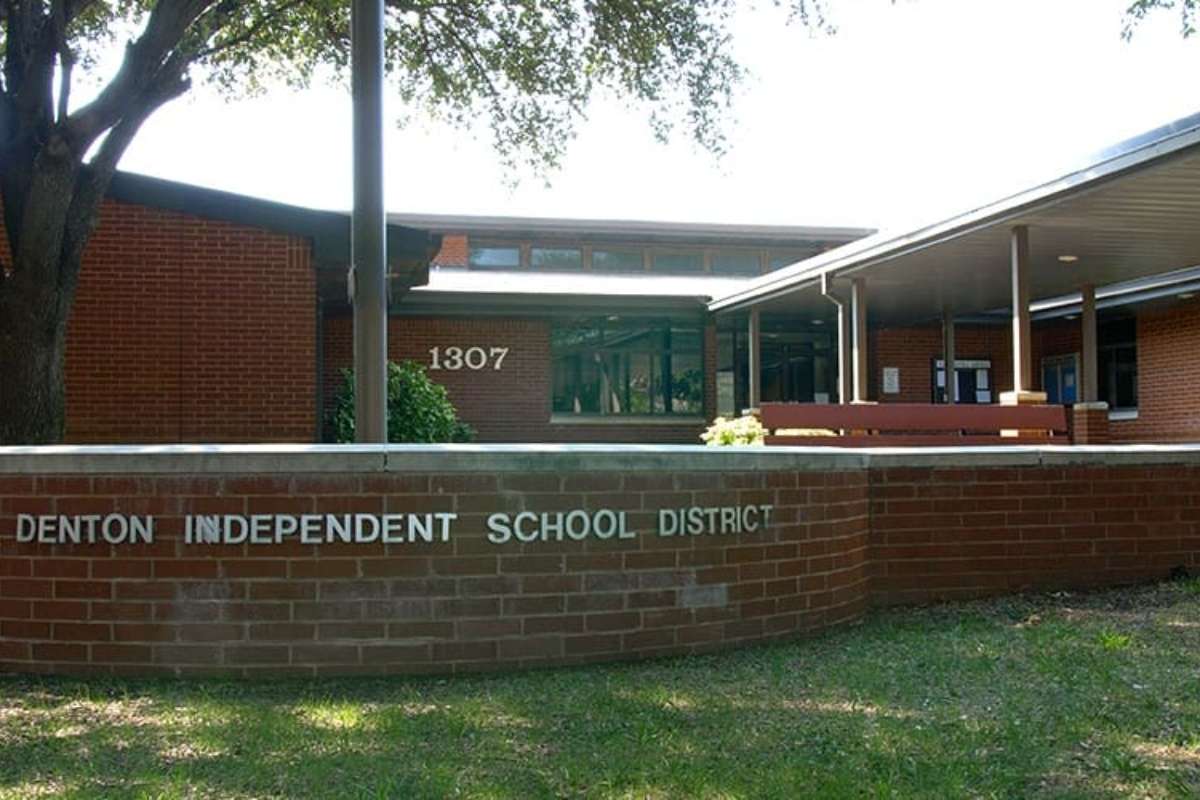A transformational vision, the National Education Policy (NEP) 2020 seeks to reform the Indian educational system. In India, NEP 2020 represents a paradigm shift in how education is approached. The strategy, which was introduced after a 34-year hiatus, intends to address 21st-century concerns while enabling India’s youth to lead the country into a brighter future. The strategy seeks to equip young people with the knowledge and skills necessary to confidently lead the country into the future by putting a strong emphasis on holistic development, flexible and multidisciplinary education, technological integration, and inclusive practises.
Let’s hear more about this from Drs. Geetika Vashishta and Kumar Ashutosh, assistant professors at the University of Delhi, respectively.
Holistic Educational Approach
The National Education Policy 2020 has a strong emphasis on holistic development, which is one of its most noticeable aspects. The policy acknowledges the value of developing a student’s personality on all levels, including the cognitive, emotional, social, and physical. It encourages incorporating co-curricular and extracurricular activities into the curriculum to help students improve their ability to think critically, be creative, and solve problems.
According to the NEP 2020, schools should be centres of excellence that place a strong emphasis on values, ethics, and character development in order to cultivate compassionate and responsible people. The National Education Policy aims to address the different needs of learners and advance an environment of equal chances by embracing a more inclusive approach to education.
Multidisciplinary And Flexible Education
The NEP 2020 seeks to knock down the impermeable barriers between academic fields. It promotes an interdisciplinary approach and gives students the freedom to select topics from the science, humanities, and business streams that interest them. Through early exploration of their passions and interests, pupils will benefit from this flexibility, which will make choosing a vocation later in life easier.
The establishment of the National Education Policy (NEP) has significantly altered the educational system. The advent of four-year undergraduate courses, which allow students to delve deeper into subjects and nurture the development of critical thinking and skills, is one major improvement.
The Choice-based Credit System (CBCS), which gives students the freedom to select electives that are customised to their interests and career aspirations and creates a personalised academic path, is another key component.
Additionally, the growth of students’ employability and general development is greatly aided by credit-based systems and skill-enhancement programmes. Students that take skill-enhancement classes leave with applicable practical skills for their chosen professions, making them more adaptable professionals.
By facilitating simple credit transfers between schools and giving students more influence over their academic experience, the credit-based system fosters a flexible and dynamic learning environment. Overall, these activities make sure that students acquire the theoretical information and critical abilities they need to succeed in the cutthroat environment of today.
A new 4-year transdisciplinary undergraduate programme with a variety of departure alternatives is also suggested under the National Education Policy. Students who finish in one or two years will receive a certificate or diploma, allowing them to advance their skills and find employment.
Embodiment Of Technology
The NEP 2020 encourages the incorporation of technology at all levels because it recognises the transformative potential of technology in education. It places a focus on using digital classrooms, e-content, and online tools to improve learning outcomes. Particularly in rural places, technology can considerably increase access to high-quality education, promoting inclusion in the educational system.
The strategy also emphasises the value of including computational thinking, coding, and artificial intelligence in the curriculum. The National Education Policy strives to educate students for the difficulties of the quickly developing digital world by providing them with technological literacy and digital literacy abilities.
Eccee Stands For Early Childhood Care And Education.
The basic significance of early childhood education in determining a child’s destiny is acknowledged by the NEP 2020. It places a heavy emphasis on the development of an ECCE framework that guarantees young children (ages 3 to 6) have access to high-quality care and education.
A child’s cognitive, emotional, and social development can be profoundly impacted by early childhood education investments, and this leads to better learning results in later years. The National Education Policy aims to close the learning gap and lessen inequality between rich and underprivileged groups in society by giving ECCE priority.
Be Sensitive To Vocational Education
The NEP 2020 places a major emphasis on vocational education to alleviate the current job-skills mismatch and boost skill development. It aims to make the current vocational education system a vibrant and practical option for students.
The policy encourages cooperation between educational institutions and businesses to give students access to real-world learning opportunities and transferable skills. The National Education Policy seeks to develop a trained workforce that can contribute to the nation’s economic growth and lower unemployment through boosting vocational education.
Expression Policy
The NEP 2020 proposes a new method of language training that places an emphasis on using the local language or native tongue as the medium of instruction through fifth grade. Research supports this strategy, which contends that a solid grounding in the local tongue improves cognitive skills and overall language ability.
The goal of the strategy is to support national integration and cultural diversity by encouraging students to study three languages, including one regional language. In a connected world, it also enables students to be more flexible and globally competitive.
Analysis Reforms
A considerable change in assessment procedures is suggested by the National Education Policy 2020. It promotes an evaluation strategy based on competencies, emphasising knowledge, application, and analytical abilities over rote memorization.
Exam stress will be lessened by this new evaluation approach, which will also encourage a deeper comprehension of ideas. It also suggests utilising technology to carry out exams in a more secure and effective manner, maintaining openness and credibility in the evaluation process.
Teacher Power And Development
The NEP 2020 places a strong emphasis on teachers’ ongoing professional development because it recognises the critical role they play in determining the nation’s destiny. By giving them access to the most recent teaching techniques and materials, it promotes the incorporation of technology in teacher education.
The policy also supports creating an environment for teachers that is welcoming and encouraging of their independence and innovation. The National Education Policy aims to improve educational quality and give students a satisfying learning experience by empowering instructors.
Additionally, the country’s focus on early childhood care, vocational education, language policy, assessment reforms, and teacher development guarantees that every kid has access to a high-quality education that develops their full potential. Building an inclusive and egalitarian education system that will influence India’s future for centuries is made easier with the NEP 2020.
Officials at Delhi University (DU) deserve praise for their forward-thinking and visionary approach to putting the National Education Policy (NEP) into practise. Transformative improvements brought about by NEP have helped to create a welcoming and student-centered learning environment. The collaborative and forward-looking mindset of the vice chancellor has enabled teachers and students to experiment with cutting-edge teaching techniques, enhancing the value of education at DU.
Also Read: UAE And India Unite To Launch IIT Delhi’s International Campus In Abu Dhabi










